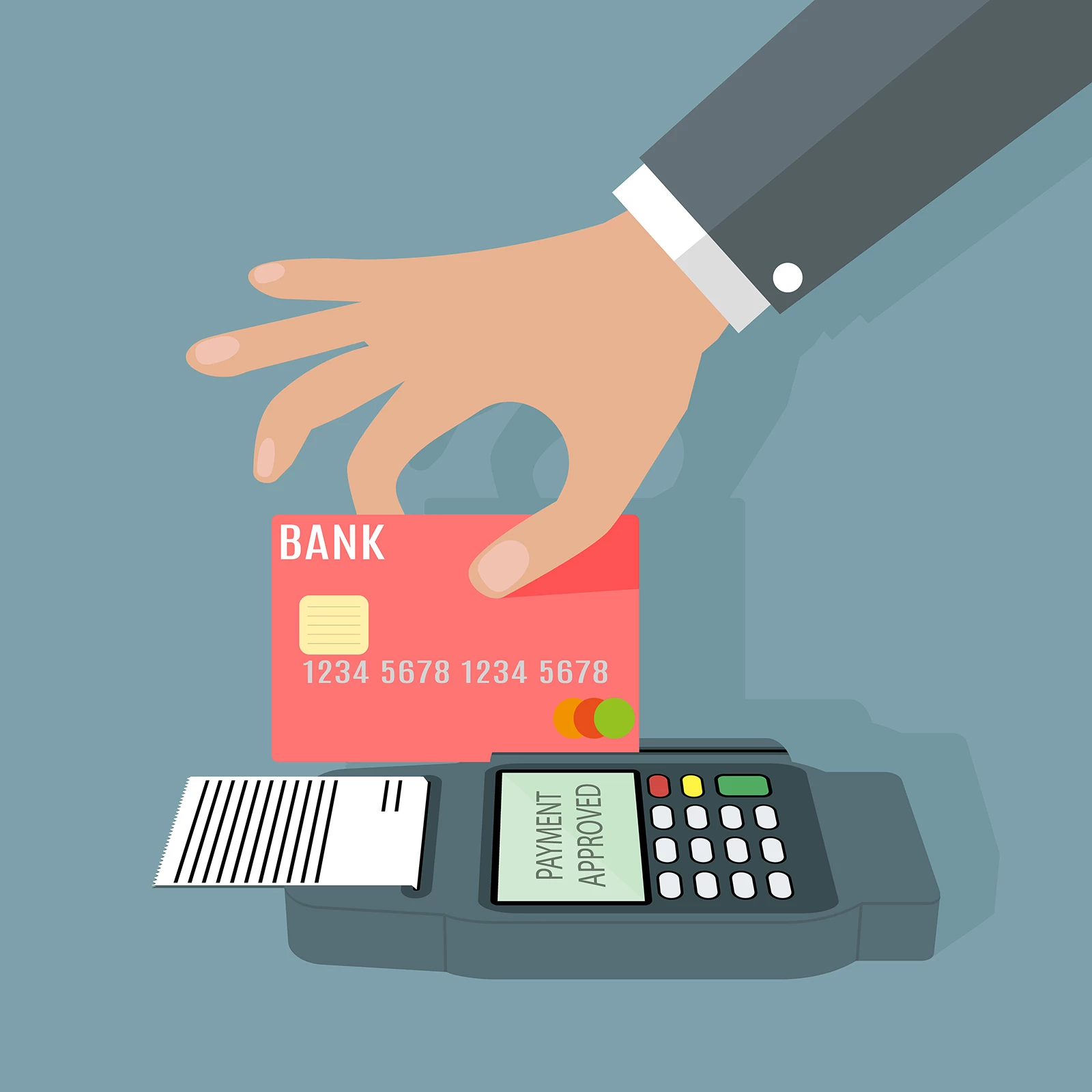What is Rolling Reserve?
What does rolling reserve mean? After filing a complaint with the bank and the regulator, you can use the legal process known as Rolling Reserve to follow the money's transaction and refund it to the client who was defrauded on a particular amount.
How does it work
Tracking client funds and verifying their reception in the business bank accounts is the primary responsibility of attorneys using the rolling reserves approach. It is the bank-rolled meaning. Lawyers send a corresponding request to a financial institution to verify that the money went to a particular bank. Once they have confirmed that the client's money from the card has reached the company's account, they turn to regulators to decide on the return.
Main advantages and disadvantages
Among benefits:
- The method of refunding money that is being offered is secure for the customer during sales;
- Regardless of whether transactions were carried out using anonymous wallets or through intermediaries, the method initially used to deposit money into the brokerage site has no bearing on the likelihood of a return;
- The services for taking money out of the intermediate balance sheet always come with a 100% assurance of success.
Among drawbacks: your cash flow is impacted by a rolling reserve because a small portion of each transaction is deducted. Moreover, the payment processor uses a rolling reserve as a risk management tool to protect against potential losses from merchant processing operations.




